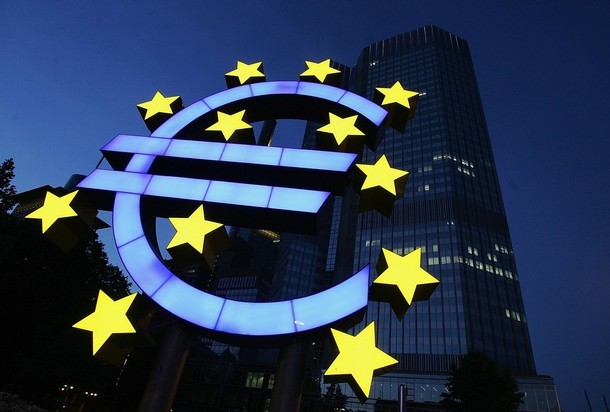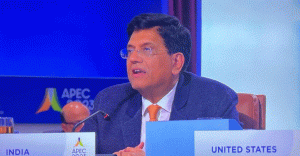
25 October Compared with August : The median rate of perceived inflation over the previous 12 months declined further September to 3.4%, from 3.9% in August.
Perceptions of past inflation have thus declined by 5.0 percentage points since their peak of 8.4% in September .
Median expectations for inflation over the next 12 months declined to 2.4%, from 2.7% previously, and stood their lowest level since September .
Median expectations for inflation three years ahead also declined in September, by 0.2 percentage points to 2.1%, their lowest level since February (when Russia invaded Ukraine).
Inflation expectations the one-year and three-year horizons remained below the perceived past inflation rate. Uncertainty about inflation expectations over the next 12 months remained unchanged, also its lowest level since February . While the broad evolution of inflation perceptions and expectations remained relatively closely aligned across income groups, expectations for lower income quintiles were slightly above those for higher income quintiles.
Younger respondents (aged 18-34) continued to report lower inflation perceptions and expectations than older respondents (those aged 35-54 and 55-70), albeit to a lesser degree than previously. Consumer nominal income growth expectations increased to 1.3%, from 1.
2% in August. The increase in income expectations continued to be driven by the lowest two income quintiles. Perceptions of nominal spending growth over the previous 12 months remained unchanged at 5.
2%. Similarly, expectations for nominal spending growth over the next 12 months remained stable at 3.2%, their lowest level since February .
For the first time since March , there was no drop in either perceptions or expectations of nominal spending, while inflation perceptions and expectations both continued on their downward trajectory, which might indicate a positive turning point for real spending. Economic growth expectations for the next 12 months were stable in September, standing at -0.9%.
Meanwhile, expectations for the 12 months ahead increased to 10.6%, from 10.4% in August.
Consumers continued to expect the future to be only slightly higher than the perceived current unemployment rate (10.3%), implying a broadly stable labour market. The lowest income quintile continued to report the highest expected and perceived unemployment rate, as well as the lowest economic growth expectations.
Consumers expected the price of their to increase by 2.8% over the next 12 months, which was slightly higher than in August (2.7%).
Households in the lowest income quintile continued to expect higher growth in house prices than those in the highest income quintile (3.4% and 2.5% respectively).
Expectations for mortgage interest rates 12 months ahead declined slightly to 4.7%, 0.8 percentage points lower than their peak in November and the lowest level since September 2022.
As in previous months, the lowest income households expected the highest mortgage interest rates 12 months ahead (5.3%), while the highest-income households expected the lowest rates (4.2%).
The percentage of households a tightening (relative to those an easing) in access to credit over the previous 12 months declined, as did the percentage of those expecting a tightening over the next 12 months. The release of the CES results for October is scheduled for 29 November 2024. Eszter Miltényi-Torstensson, : +49 171 769 5305 Reproduction is permitted provided that the source is acknowledged.
.














